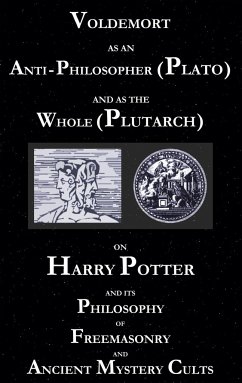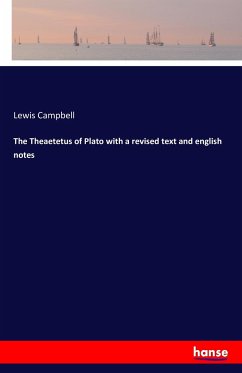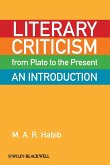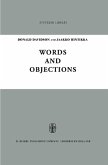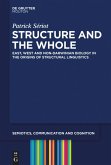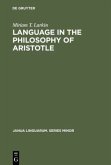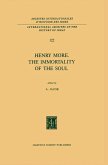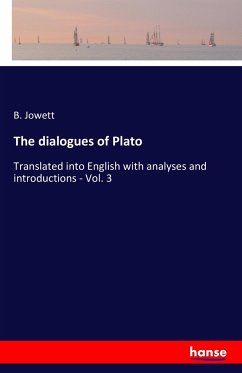J. K. Rowling has studied Classics (/Greek and Roman Studies) and this is a short essay on two ancient motifs of "Harry Potter": The motif of the anti-philosopher - referring to Plato's "Phaedo" (the body-loving soul and the fear of death) - and the motif of the whole - referring to Plutarch's "On the Soul" -, that are also two well-known motifs in the Freemasonry of Albert Pike (called Plato "the greatest of human Revealers") and Albert Mackey (treats Plutarch's text as "too interesting to Freemasons to be omitted").Note that the author is a non-native English speaker and the priority of the essay is the conveying of ideas - not proper English.
Bitte wählen Sie Ihr Anliegen aus.
Rechnungen
Retourenschein anfordern
Bestellstatus
Storno

